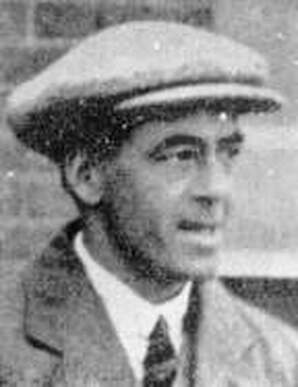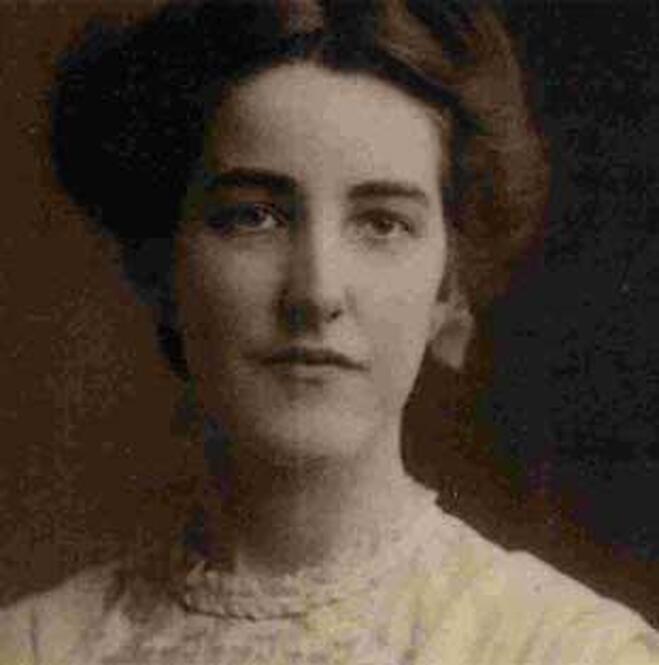On 22 December 1921 an adverisement appeared in the 'Morning Post'. It was from a Miss Irene Wilkins who was looking for a position as a school cook. That very same day she received a telegram requesting that she come to Bournemouth at once, where she would be met. Pleased that she had got such an early response she immediately caught the afternoon train to Bournemouth.
The very next day on the 23 December her body was discovered in a field on the outskirts of Bournemouth. Irene Wilkins was not the only one to receive a telegram that day at least three others were recieved. This would be a very important fact later in the case.
On a road nearby the body were tyre-tracks. The tyre-tracks were traced to Dunlop Magnums and all drivers and chauffeurs in the district were questioned. One of those questioned was Thomas Allaway, who was a 36 year old chauffeur and ex soldier and he drove a Mercedes fitted with three Dunlop Magnums and a Michelin.
Four months later he attempted to pass forged cheques. He disappeared from Bournemouth and was picked up by the police in Reading. He was arrested and, in his pockets were some betting slips with writing that matched the writing on the telegrams. Other samples of his handwriting fixed Alloway as the originator of the telegrams and finally he was identified by a Post Office employee as the writer of the telegrams.
Thomas Henry Allaway was convicted of murdering Irene Wilkins. He had killed her by striking her on the head several times with a blunt instrument. The case appeared to be missing a motive, robbery was ruled out and although the murder victim's clothes had been disturbed she had clearly not been raped. All the same it was still assumed that sex was the motivation.
Allaway was tried at Winchester in July 1922 and was soon found guilty of murder. The night before his execution he confessed his crime to the Prison Governor. Thomas Henry Allaway was hanged at Winchester Prison on 19 August 1922. (Murderpedia)


